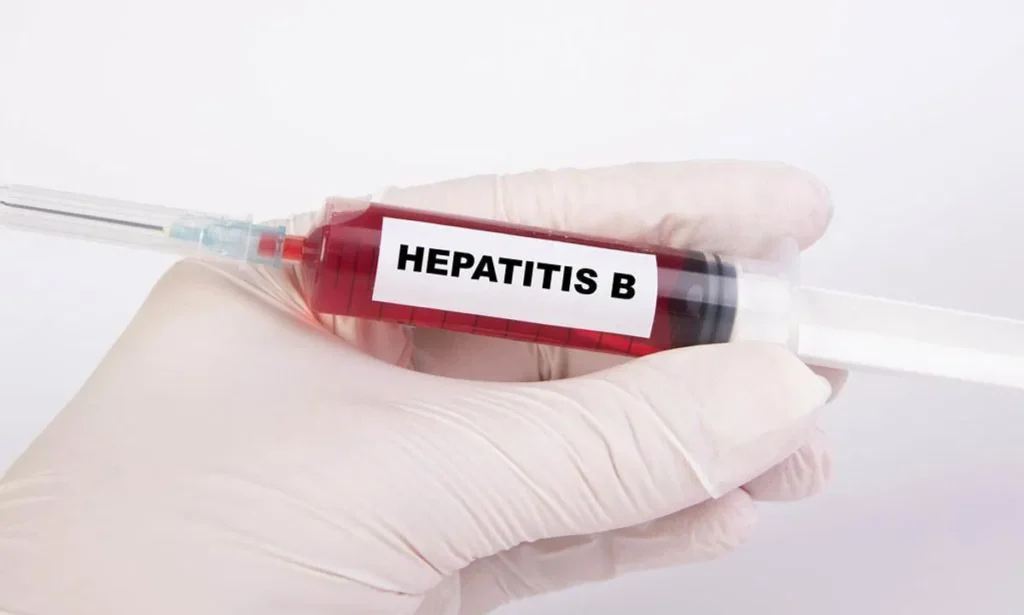Hepatitis E is generally self-limiting and, thus, no specific treatment is required.
- The treatment depends upon the type of hepatitis which includes taking rest, eat smaller nutritious diet, avoid oily food and maintain adequate hygiene.
- Exposure to various toxins, including industrial chemicals, and certain medicines may cause hepatitis.
- Hepatitis is a condition characterised by inflammation of the liver.
World Hepatitis
Day is celebrated each year on July 28, to raise awareness about
Hepatitis, an inflammation of the liver, that causes a range of
health problems and affect people all over the globe.
The theme this year is I can’t wait. According to Dr Chetan R Kalal, chief hepatologist and liver transplant physician, Masina Hospital, Mumbai there are five main Hepatitis viruses – referred to as types A, B, C, D and E.
“These five types
are the most concerning due to the high burden of illness and death
they cause, as well as the potential for outbreaks and epidemic
spread. Hepatitis B and C are the leading causes of death, accounting
for 1.3 million deaths each year,” Dr Kalal said.
Hepatitis A and E
are primarily caused by consuming contaminated food and water.
Hepatitis B, C, and D are typically caused by contact with infected
blood and bodily fluids.
In India, viral
Hepatitis is a major cause of health-care burden and is now regarded
as a threat comparable to the big three communicable
diseases: HIV/AIDS, malaria, and tuberculosis.
What is Hepatitis?
It is a condition characterised by inflammation of the liver. Hepatitis in some cases can progress to severe liver damage and liver cancer. Though alcohol abuse, certain medications, autoimmune diseases can lead to hepatitis, a viral infection is the most common cause. Viral Hepatitis is one of the most common causes of morbidity and mortality worldwide.
How common is viral hepatitis in India?
According to the reports by the World Health Organization, approximately 52 million people are estimated to be living with Hepatitis B and C in India. The diagnosis rate of HBV and HCV is only about eight per cent and 18 per cent respectively globally. “Another major challenge is increasing the HBV vaccine coverage as it is not a part of a universal vaccination programme. One report suggests that only 55 per cent of health workers were vaccinated against HBV,” Dr Kalal said.
Symptoms to watch out for
Many patients with Hepatitis infection do not experience symptoms. Symptoms of acute Hepatitis include:
- Abdominal pain
- Loss of appetite followed by weight loss
- Fatigue
- Nausea and vomiting, yellowing of skin and eyes
- Itching
- Joint pain; swelling in ankles and legs
- Easy bruising and bleeding
- Dark urine and pale stool
Since Hepatitis can cause serious liver diseases, it is important to protect newborns
from infection. “At birth, all newborns should be immunised against
Hepatitis B, followed by at least two additional doses. It is also necessary to stop the
transmission of disease from mother to child. All pregnant women
should be tested for hepatitis B, HIV, and syphilis on a regular
basis and treated if necessary,” Dr Kalal said.
He said that there are several causes of non-viral Hepatitis. Excessive intake of alcohol may result in liver inflammation. The disease may progress to cause severe damage to the liver tissues causing cirrhosis or liver cancer.
“Exposure to various toxins, including industrial chemicals, and certain medicines may cause Hepatitis. In some cases the immune system of the body attacks healthy liver cells and causes inflammation in the liver. This condition is known as autoimmune Hepatitis. There are various genetic diseases like hemochromatosis, alpha-1-antitrypsin deficiency, and Wilson’s disease that can results in liver inflammation. Reduction or blockage in blood flow to the liver lead to liver inflammation. Venous insufficiency, shock, and heart failure may result in ischemic Hepatitis,” Dr Kalal explained.
All these condition, according to Dr Kalal can lead to serious complications. “Acute liver failure, cirrhosis of the liver, liver cancer, portal hypertension (elevated pressure in your portal venous system that leads to the liver), bleeding disorders and blood vessel inflammation and kidney disease,” Dr Kalal warned.
Is there a treatment?
The treatment depends upon the type of Hepatitis. “In general, the doctor will recommend taking enough rest, eat smaller meals, nutritious diet, avoiding oily food, alcohol and unnecessary medications, take adequate fluids and maintain adequate hygiene,” Dr Kalal said.
Hepatitis A: It is generally mild and does not require treatment.
Hepatitis B: In chronic infection, treatment includes interferon injections, antiviral medications, and liver transplant.
Hepatitis C: The treatment options for Hepatitis C includes antiviral medications and liver transplant.
Hepatitis D: There is no drug or vaccine for HAD. As the Hepatitis D virus requires the Hepatitis B virus for replication, vaccination for Hepatitis B prevents infection from the Hepatitis D virus.
Hepatitis E: The disease is generally self-limiting and, thus, no specific treatment is required. Taking good care and avoiding unnecessary medications are usually recommended.


